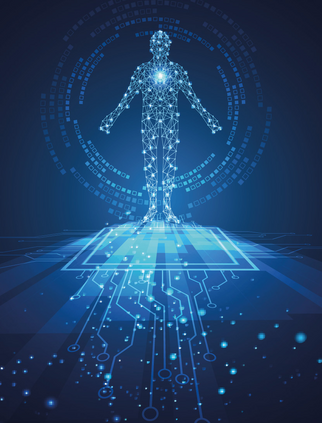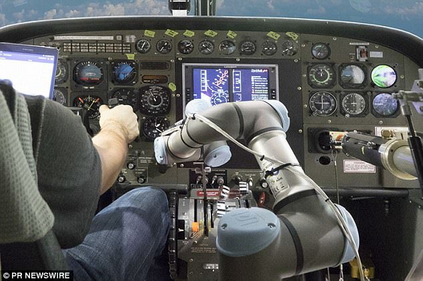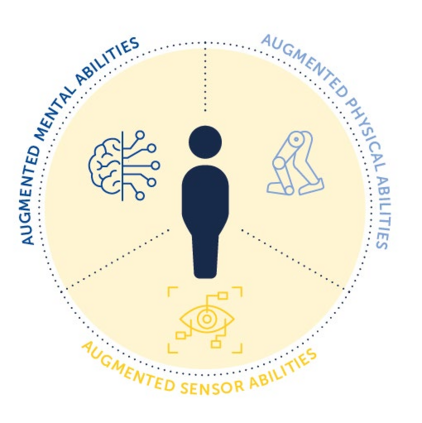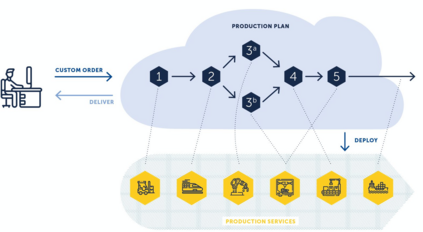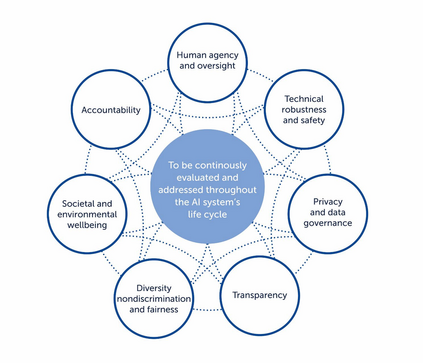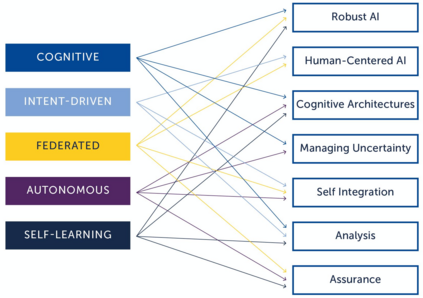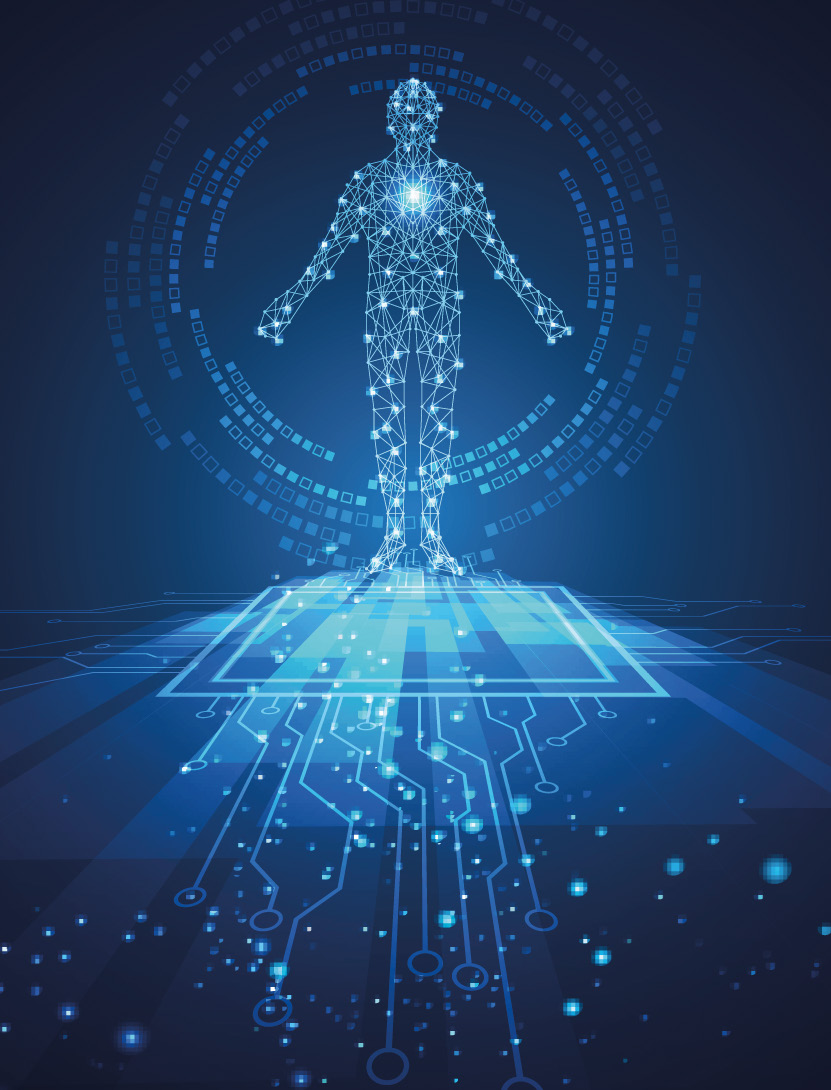A new generation of increasingly autonomous and self-learning embodied systems is about to be developed. When deploying embodied systems into a real-life context we face various engineering challenges, as it is crucial to coordinate the behavior of embodied systems in a beneficial manner, ensure their compatibility with our human-centered social values, and design verifiably safe and reliable human-machine interaction. We are arguing that traditional systems engineering is coming to a climacteric from embedded to embodied systems, and with assuring the trustworthiness of dynamic federations of situationally aware, intent-driven, explorative, ever-evolving, largely non-predictable, and increasingly autonomous embodied systems in uncertain, complex, and unpredictable real-world contexts. We are therefore identifying a number of urgent systems challenges for trustworthy embodied systems, including robust and human-centric AI, cognitive architectures, uncertainty quantification, trustworthy self-integration, and continual analysis and assurance.
翻译:将开发新一代日益自主和自我学习的系统。 在将集成的系统部署到现实生活中时,我们面临各种工程挑战,因为以有益的方式协调集成系统的行为,确保它们与我们以人为中心的社会价值观兼容,并设计可核查的安全和可靠的人机互动。 我们主张,传统系统工程正在从嵌入成集成系统的系统走向高潮,并确保动态的、具有情境意识的、用意驱动的、探索性的、不断演变的、基本上无法预测的和日益自主的系统在不确定、复杂和不可预测的现实世界环境中的可靠性。 因此,我们正在为可信赖的集成系统确定一些紧迫的系统挑战,包括强健和以人为中心的人工智能、认知结构、不确定性的量化、可信赖的自我融合以及持续的分析和保证。

